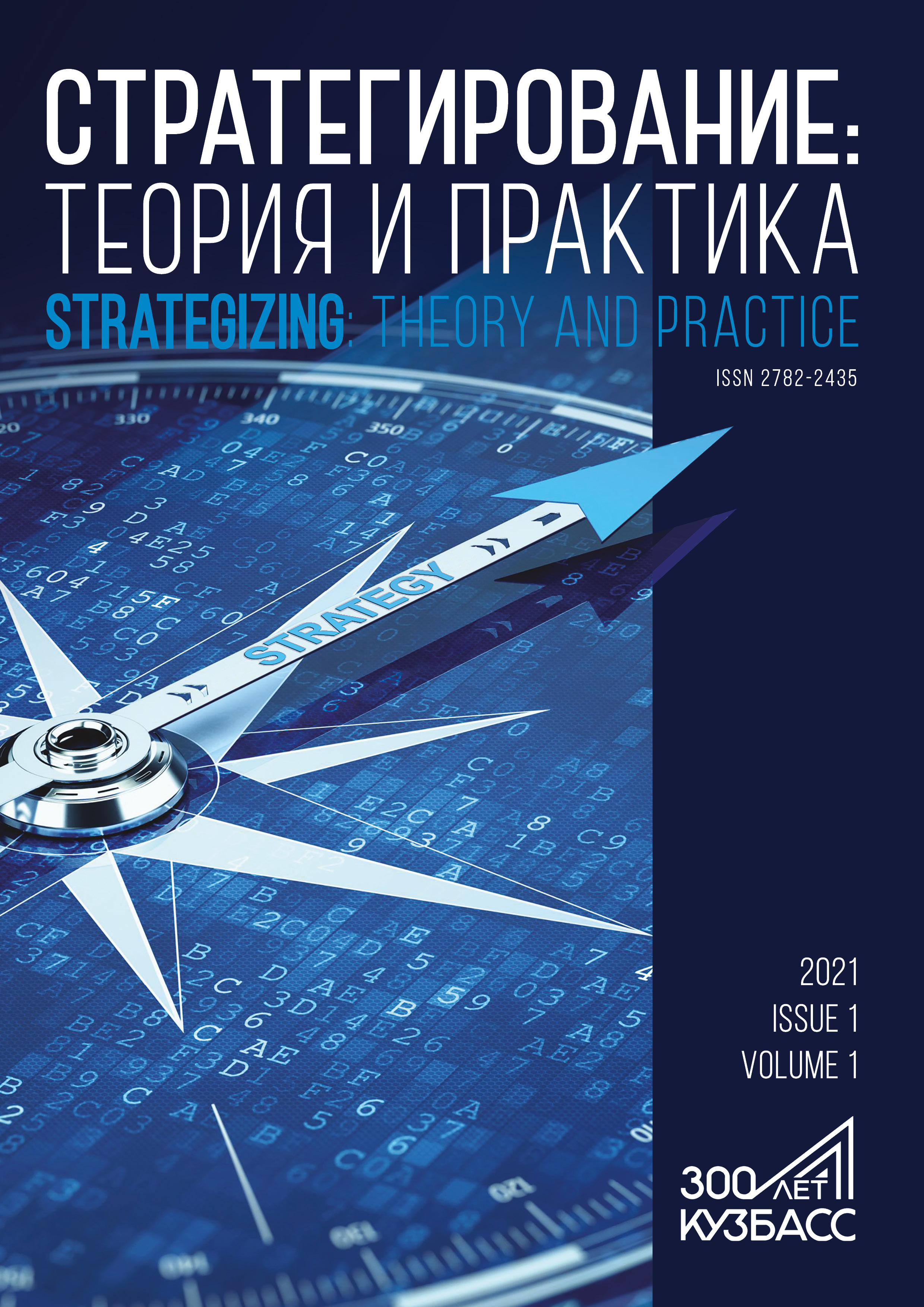Moscow, Moscow, Russian Federation
The article introduces a comprehensive strategic analysis of global trends that affect the development of the regional housing market in Russia. The list of trends included globalization, urbanization, world population growth, expansion of global real estate market, and preventive development of strategic scenarios to counteract the current emergency in the real estate market. Anti-emergency scenarios for regional markets should take into account these global trends. For a regional real estate market, an emergency period is a period of cyclical growth in real estate prices, characterized by excess investment caused by long-term speculative expectations of investors. The study relied on the theory of strategy and the methodology of strategizing developed by Professor V.L. Kvint, Dr.Sc.(Econ.), Foreign Member of the Russian Academy of Sciences. The author used the method of decomposition to divide the emergency period into stages: the time occupied by each stage depended on the abovementioned global trends via supply and demand factors. The demand factor referred to the regional population whereas the supply factor was associated with the construction sector. Therefore, global strategic trends cannot be overlooked by regional strategists who develop plans to counteract the current emergency scenarios.
strategizing, emergency period, global trends, strategic scenarios
1. Aganbegyan AG. To sustainable socio-economic growth. Scientific Works of the Free Economic Society of Russia. 2021;230(4):133-155. (In Russ.) https://doi.org/10.38197/2072-2060-2021-230-4-133-155
2. Wang Y, Novikova IV. Strategic planning of china’s economic development. Strategizing: Theory and Practice. 2022;2(3):293-303. (In Russ.) https://doi.org/10.21603/2782-2435-2022-2-3-293-303
3. Geddes P. Cities in evolution (selected chapters). Social Sciences and Humanities. Domestic and Foreign Literature. Series 11: Sociology. 2021;(3):149-177. (In Russ.)
4. Kvint VL. The concept of strategizing. Vol. I. St. Petersburg: NWIM RANEPA, 2019. 132 p. (In Russ.)
5. Kvint VL, Okrepilov VV. Comparing the role of quality of life and values in the development strategy of both emerging market countries and in the west. Innovations. 2014;191(9):41-51. (In Russ.)
6. Kosareva NB, Polidi TD, Puzanov AS. Ehkonomicheskaya urbanizatsiya [Economic urbanization]. Moscow: Fond “Institut ehkonomiki goroda”; 2018. 418 p. (In Russ.)
7. Manaeva IV. Urbanization and economic development in Russian regions. Economic Analysis: Theory and Practice. 2017;16(9):1635-1663. (In Russ.) https://doi.org/10.24891/ea.16.9.1635
8. Petrova PM. Strategic management during the contingency period in the regional real estate market. Administrative Consulting. 2022;165(9):151-162. (In Russ.) https://doi.org/10.22394/1726-1139-2022-9-151-162
9. Sokolov AA, Rudneva OS. Modern urban structure of Russia and its spatial differentiation. Population. 2018;21(3):146-155. (In Russ.)
10. Kvint V. The Global Emerging Market: Strategic Management and Economics. New York: Routledge; 2009. 488 p. https://doi.org/10.4324/9780203882917
11. Laskowska E, Torgomyan S. The role of government in the housing market. Scientific Journal Warsaw University of Life Sciences. 2016;16(4):205-212.
12. Meng J. How does urbanization affect the real estate demand? In: Li M, Dresner M, Zhang R, Hua G, Shang X, editors. IEIS2019: Proceedings of the 6th International Conference on Industrial Economics System and Industrial Security Engineering. Singapore: Springer; 2019. pp. 597-608. https://doi.org/10.1007/978-981-15-5660-9_45
13. Mulder CH. The relationship between population and housing. New York, Geneva: United Nations; 2010. 46 p.
14. Thaler RH, Sunstein CR. Nudge: Improving decisions about health, wealth, and happiness. New Haven: Yale University Press; 2008. 293 p.
15. Tirole J. The theory of industrial organization. Hamilton Printing; 1994. 476 p.





